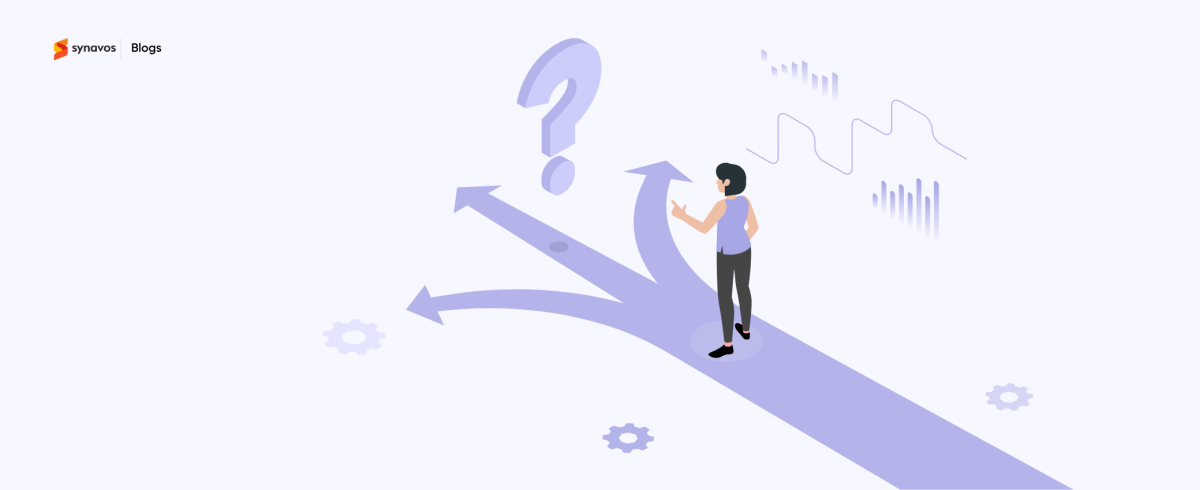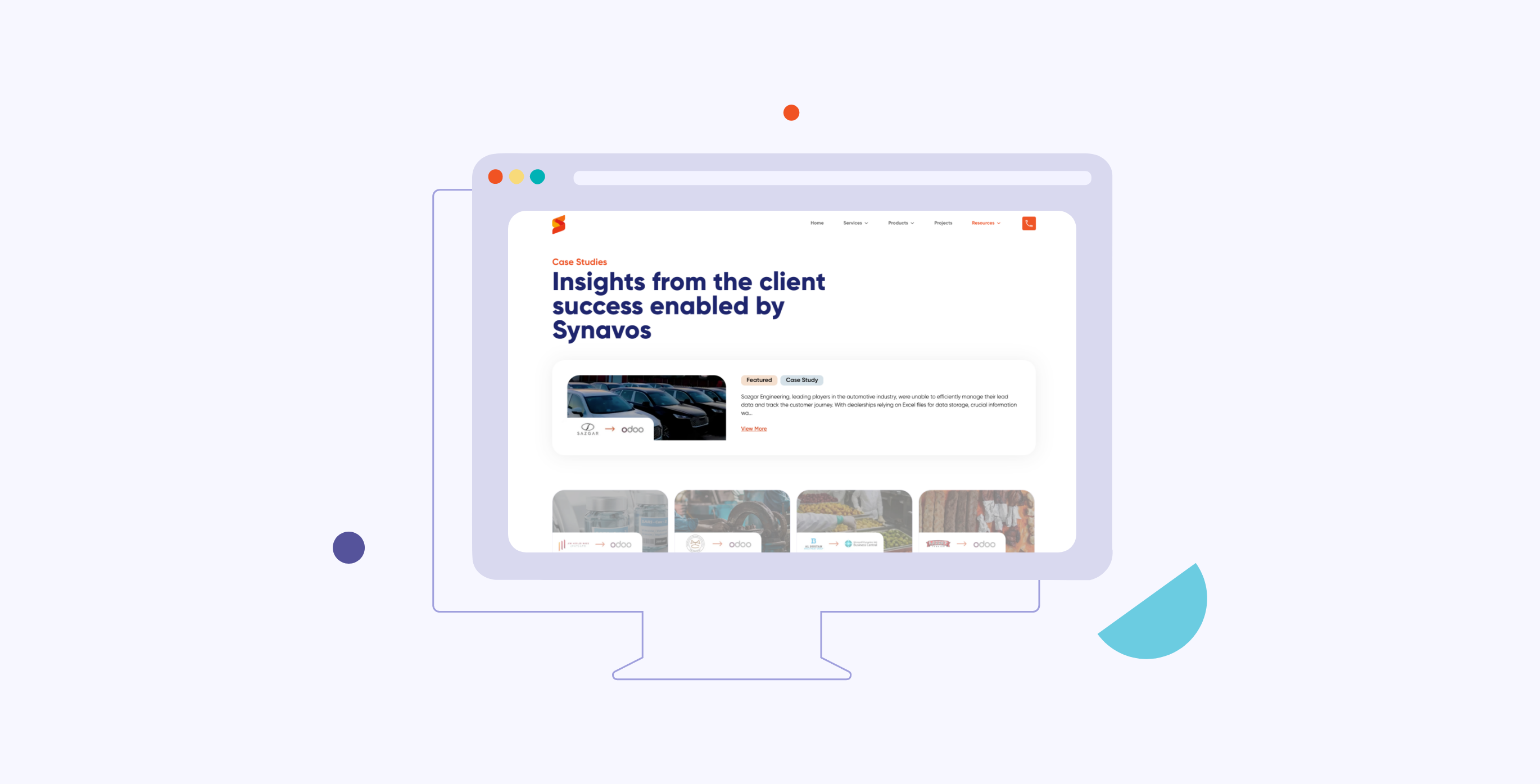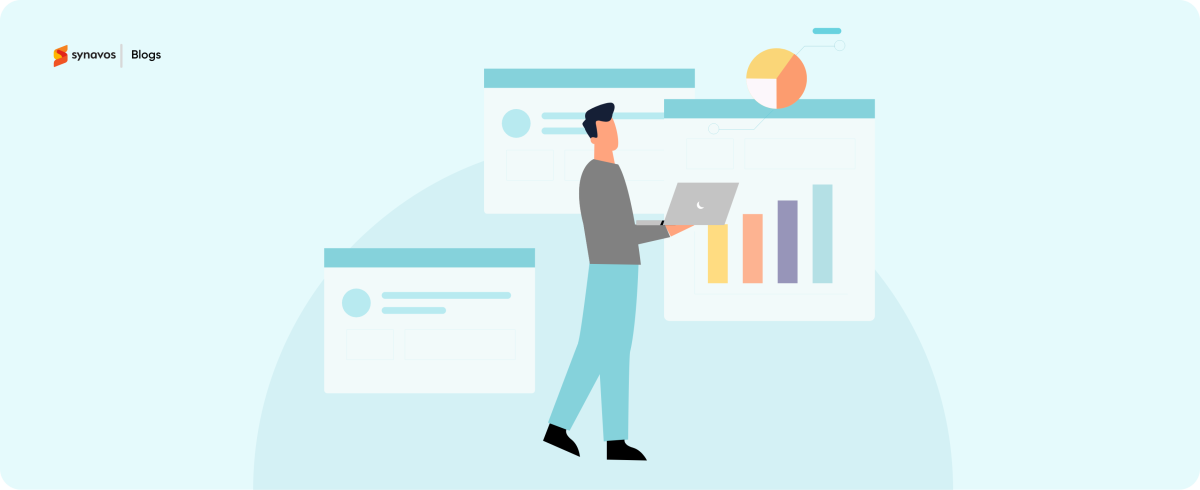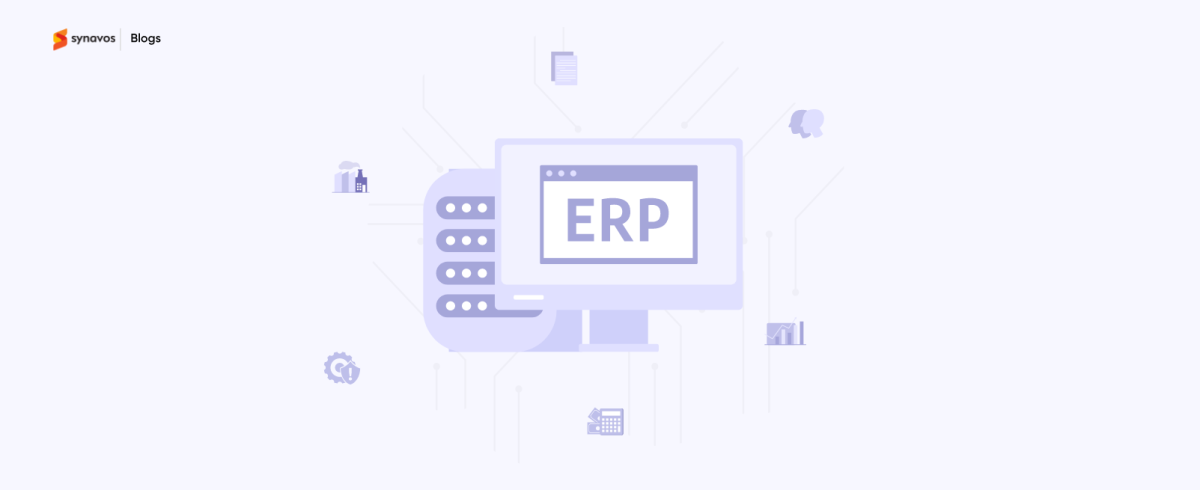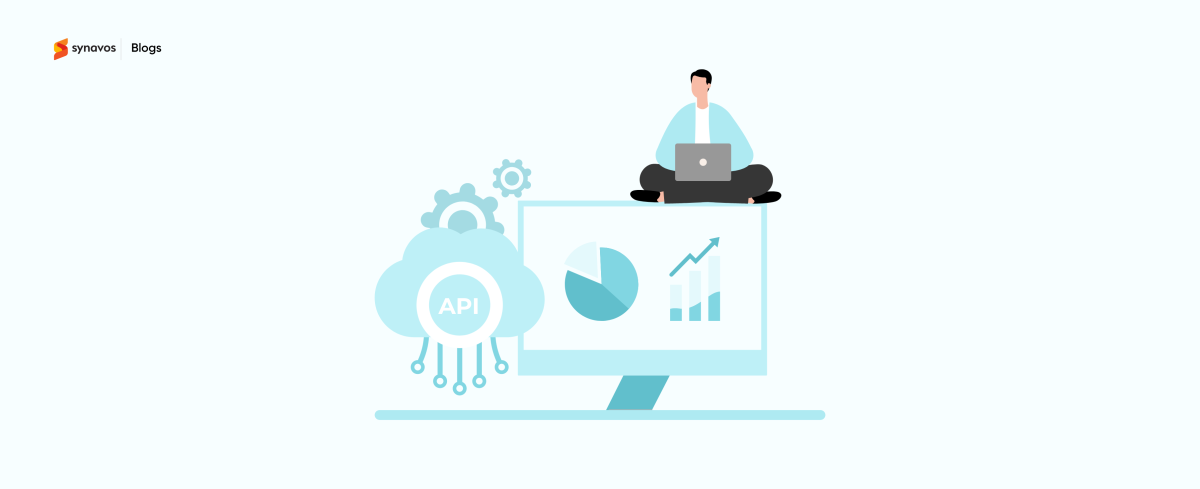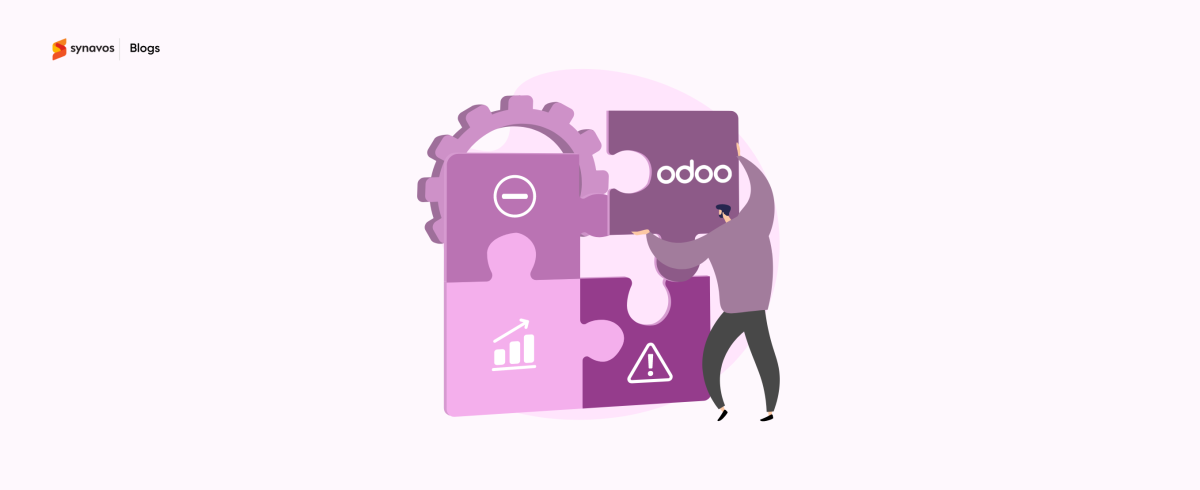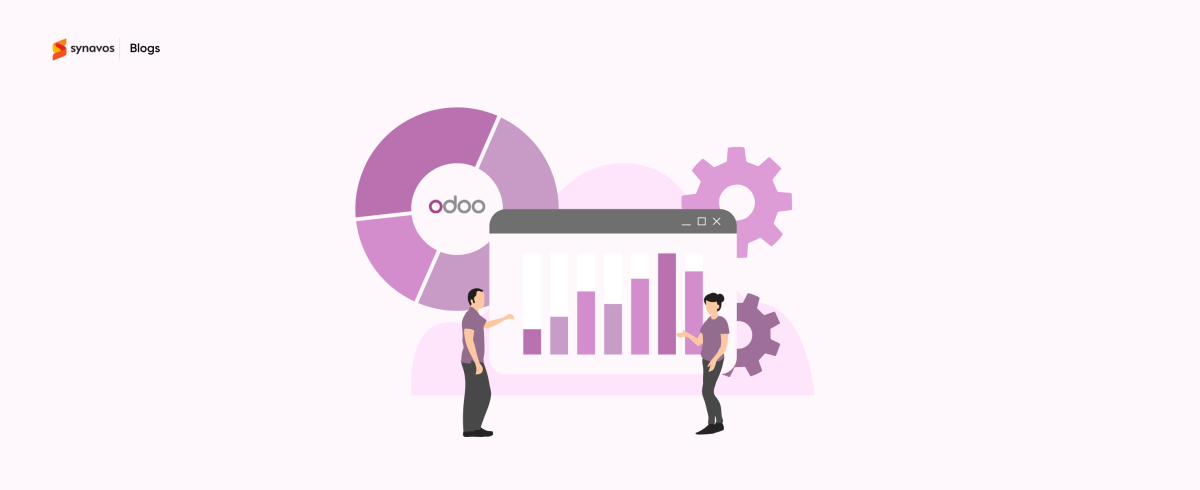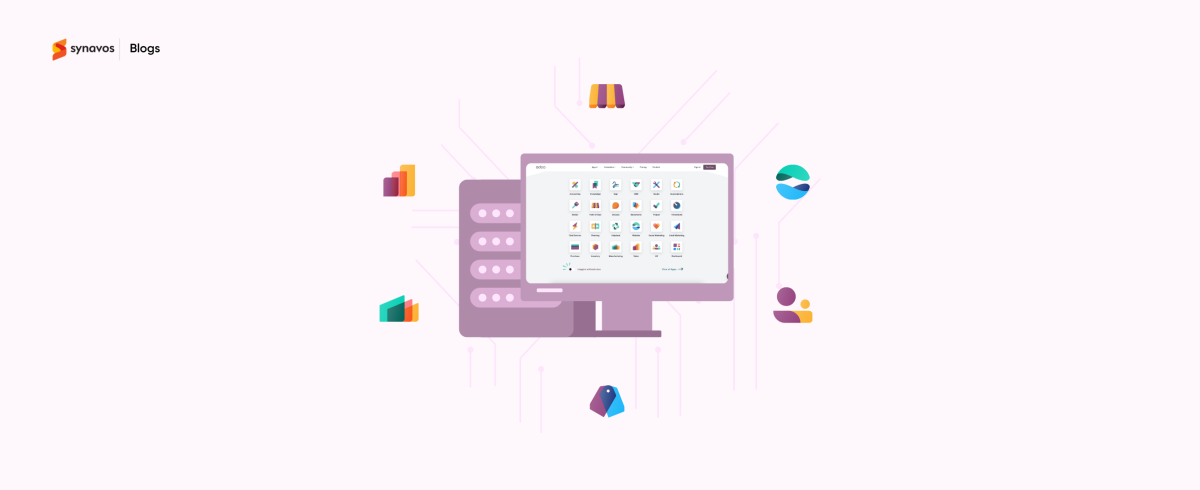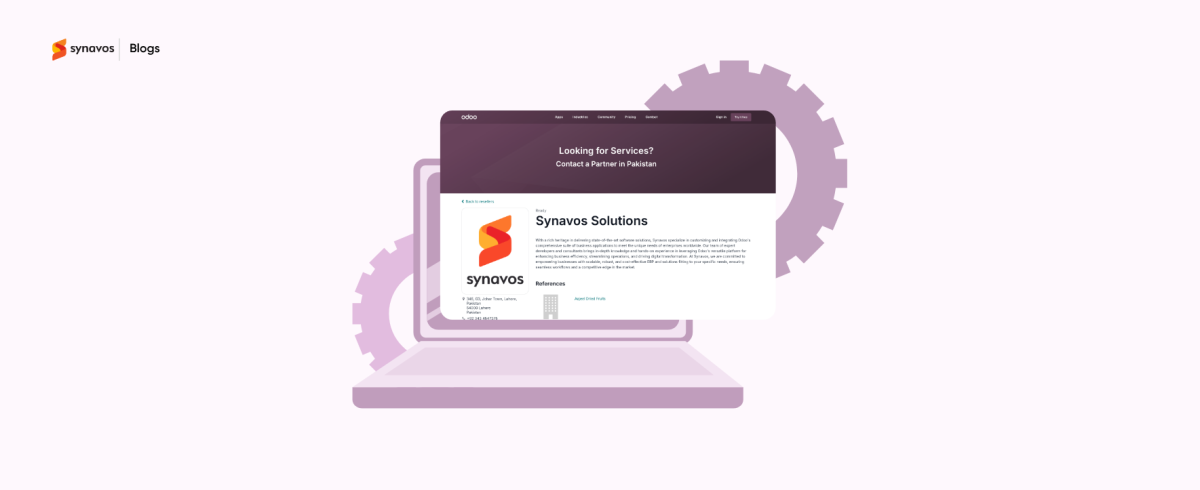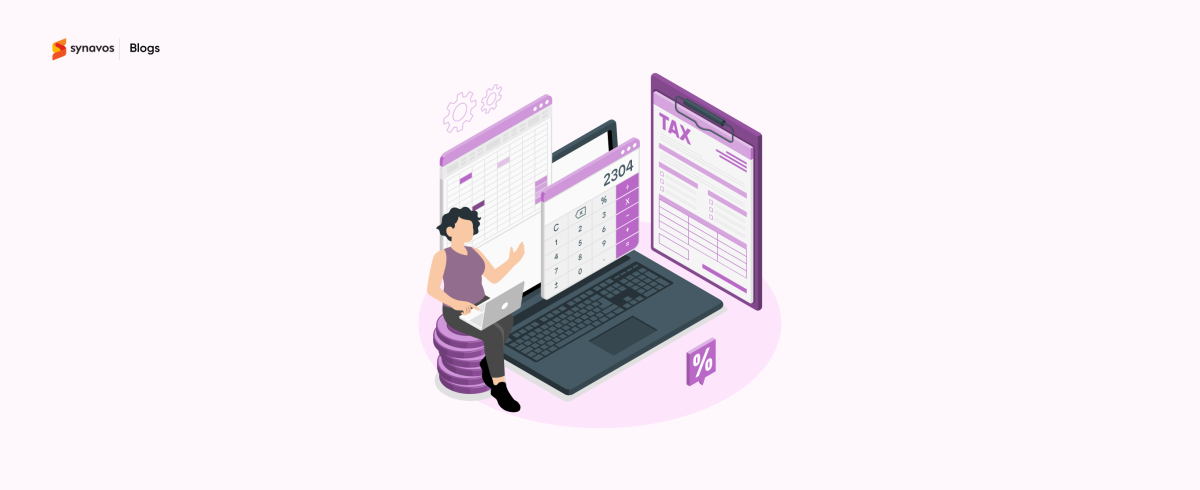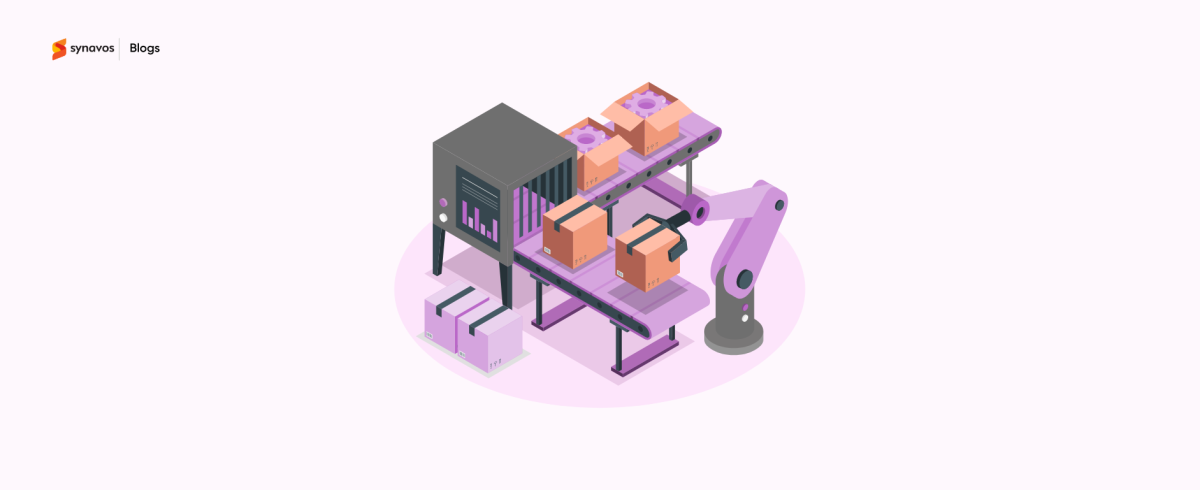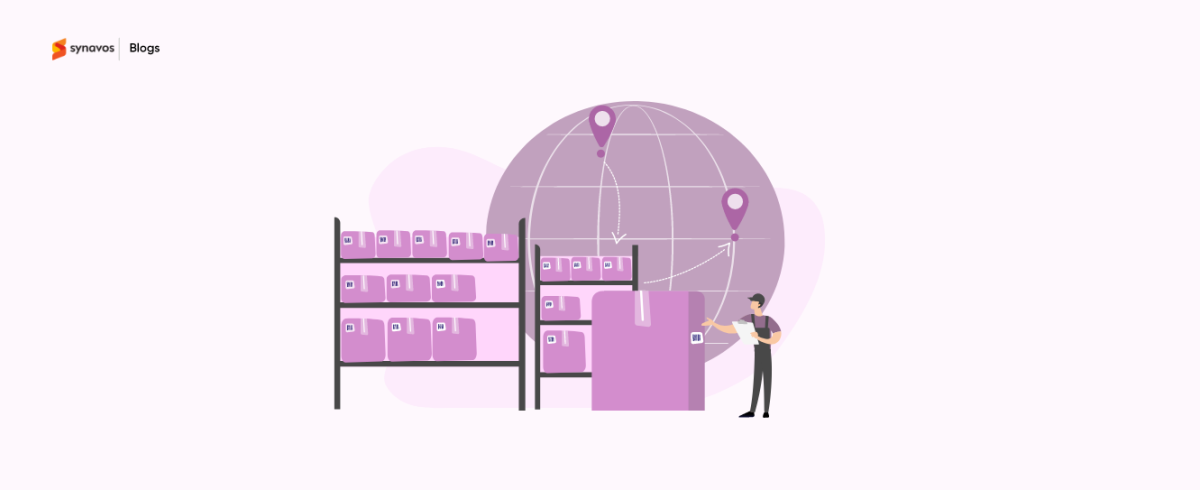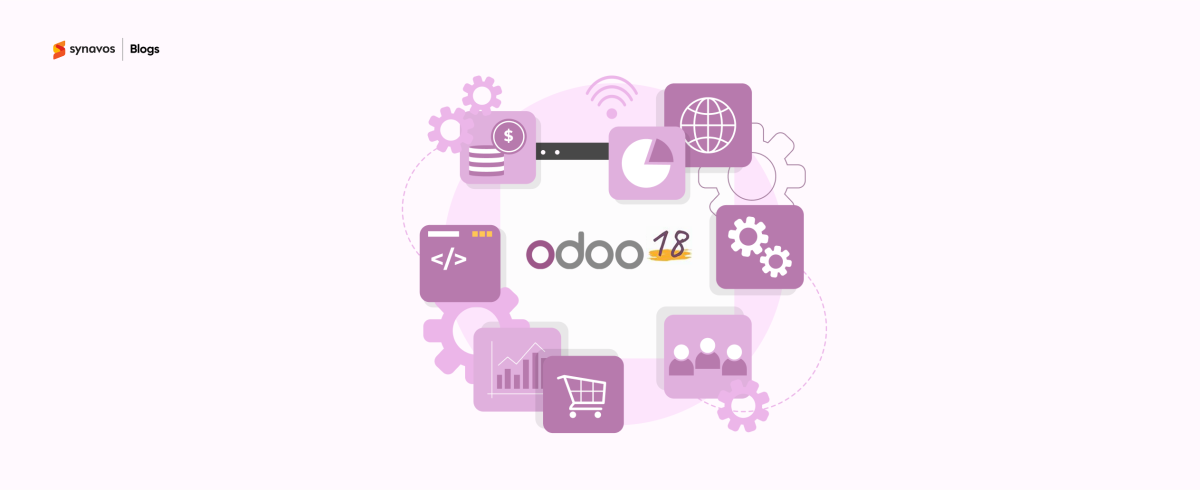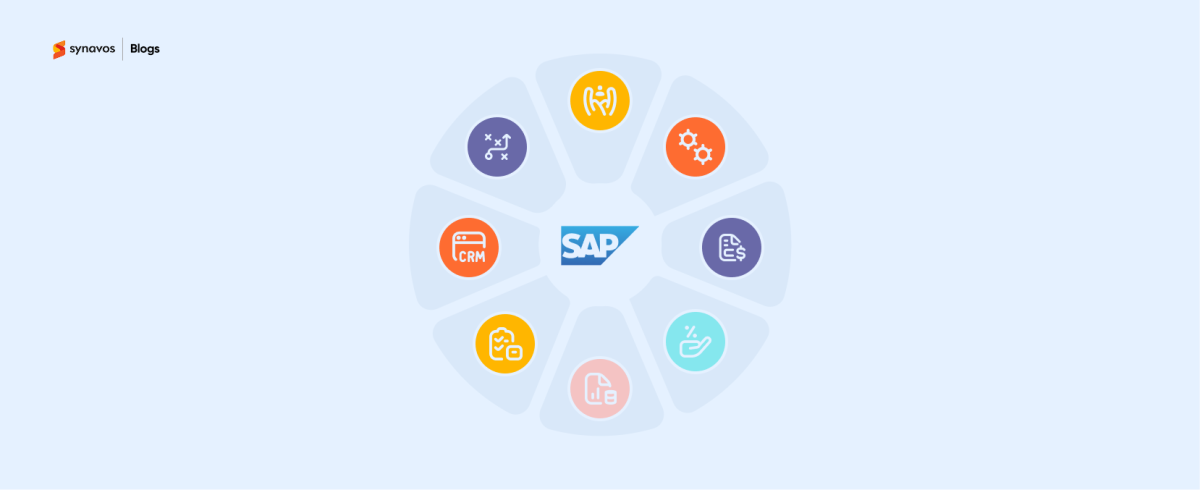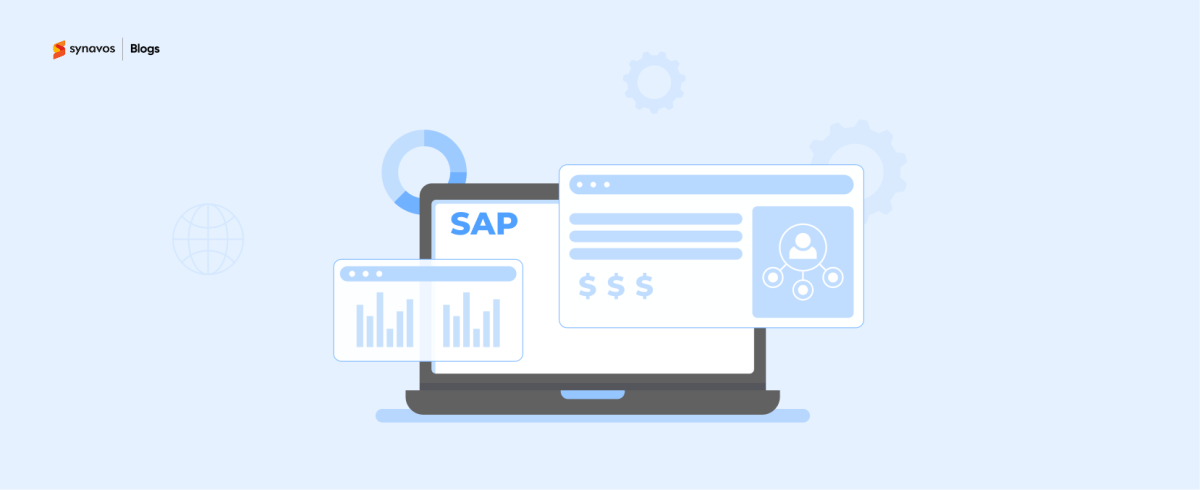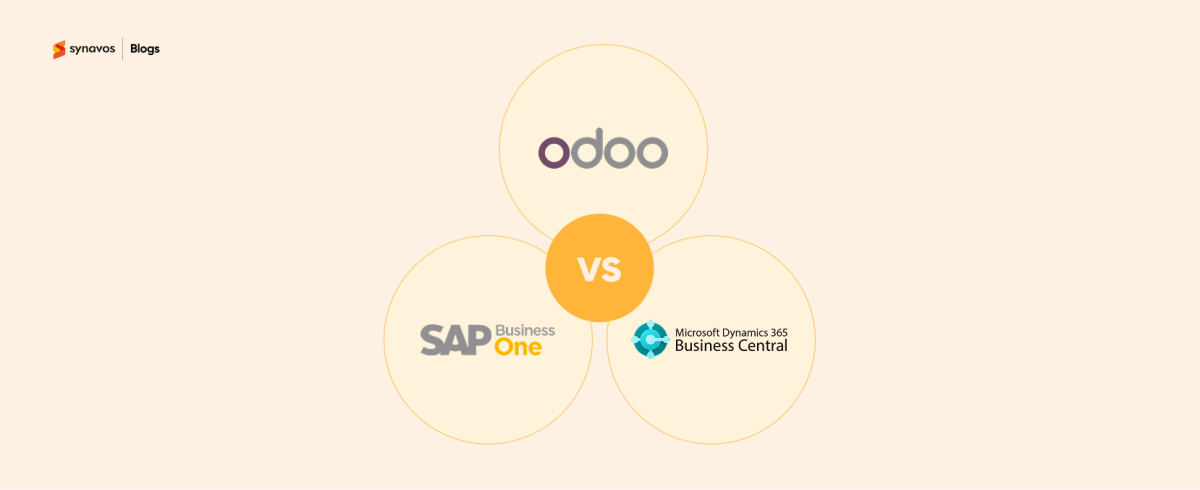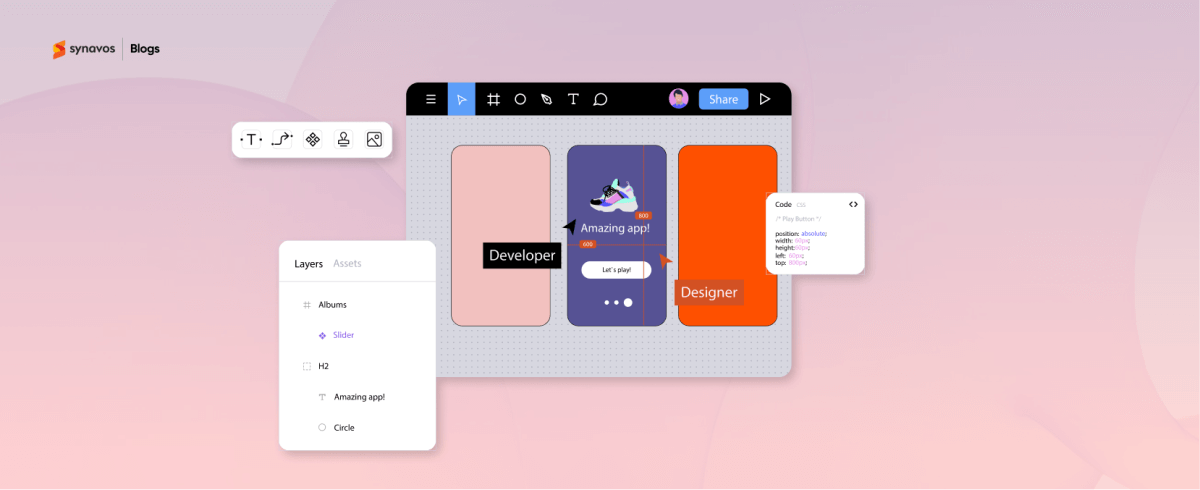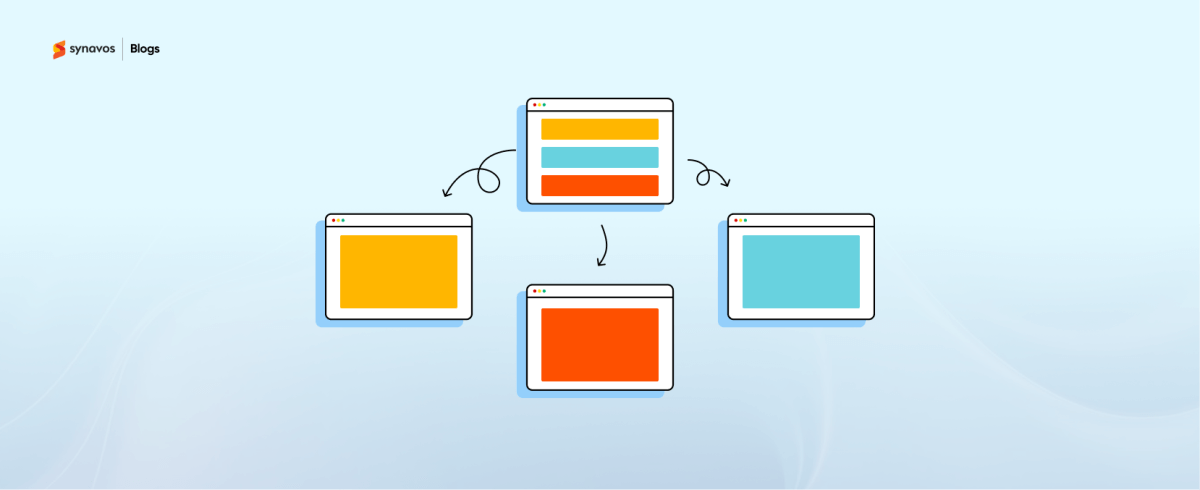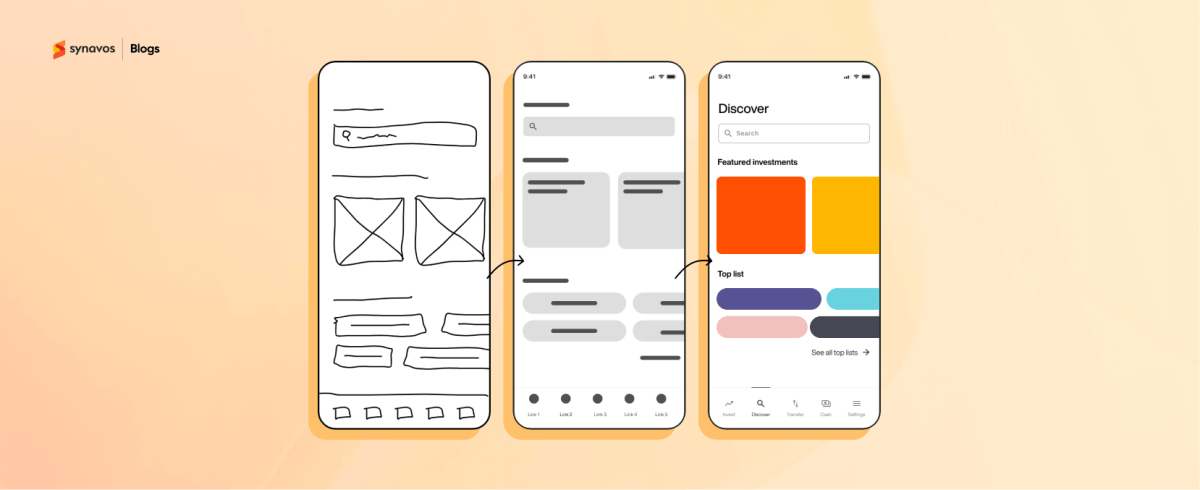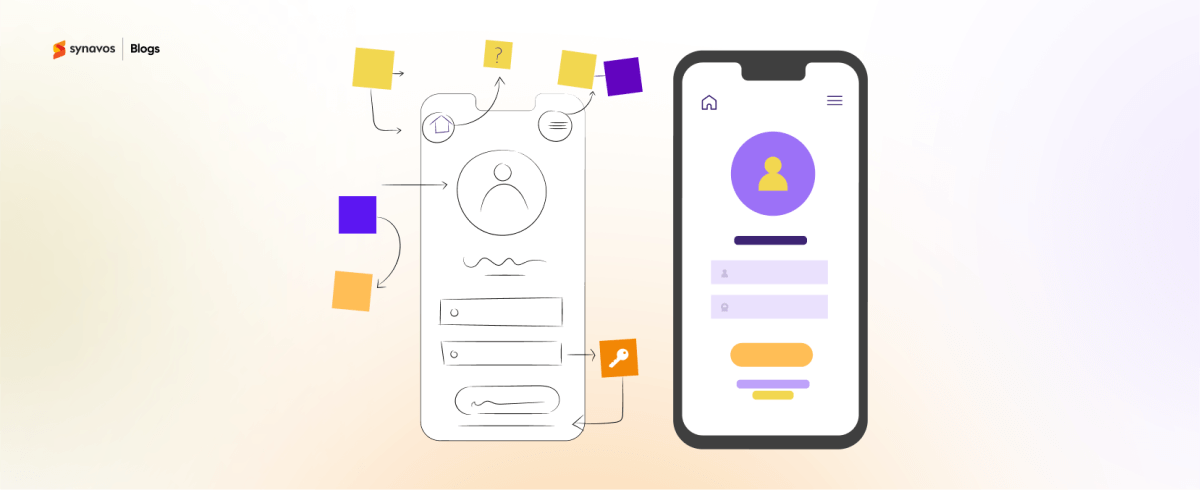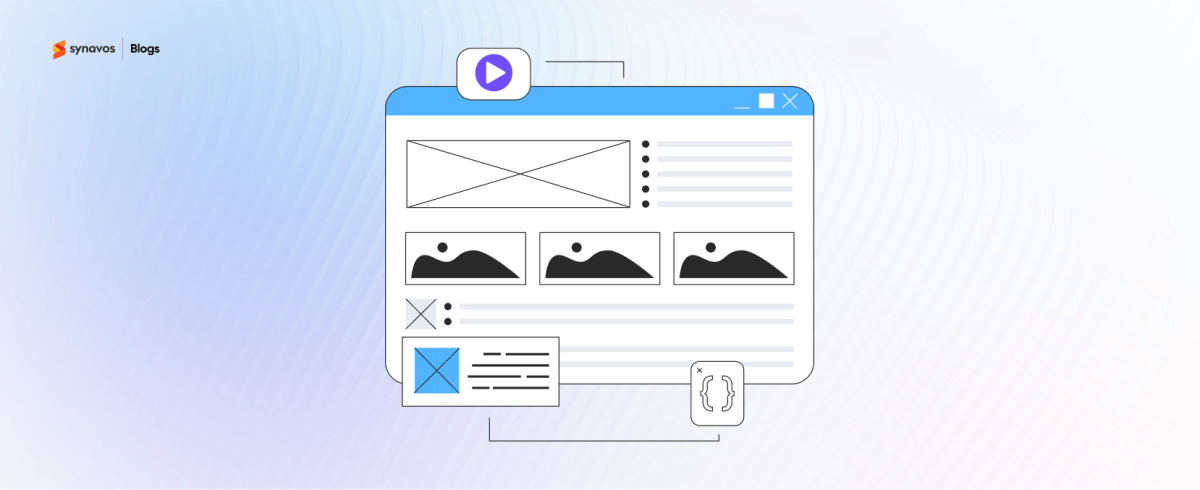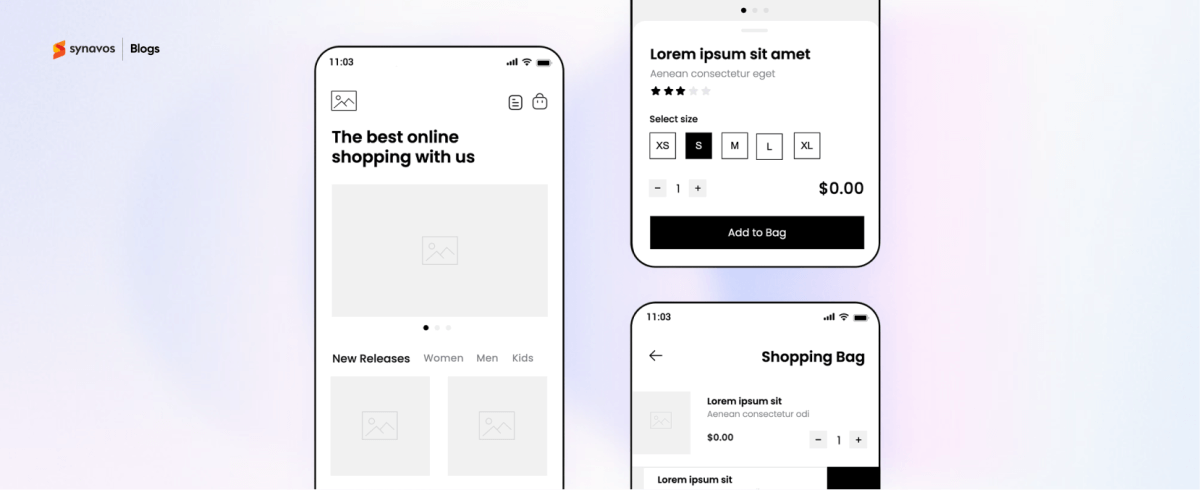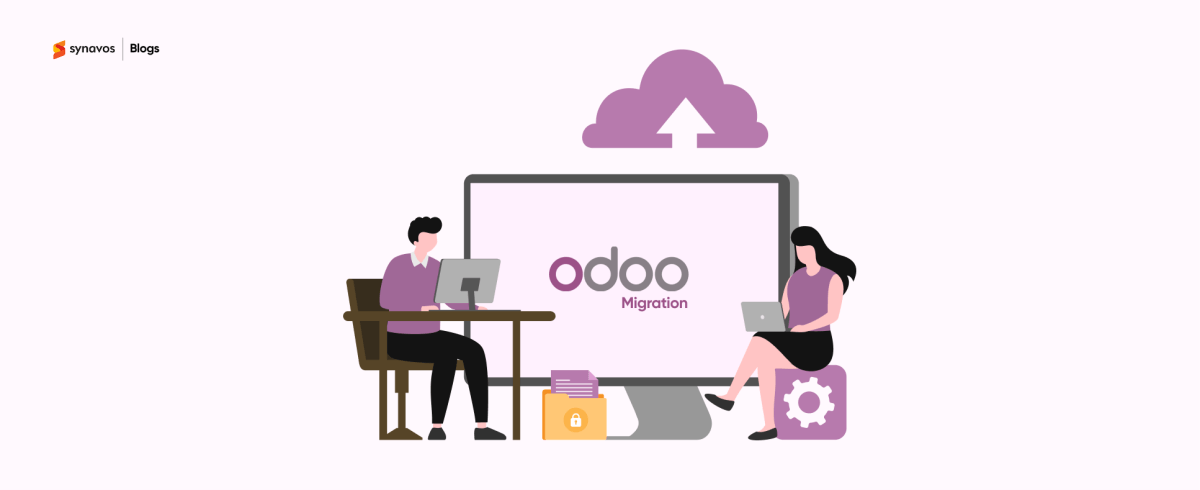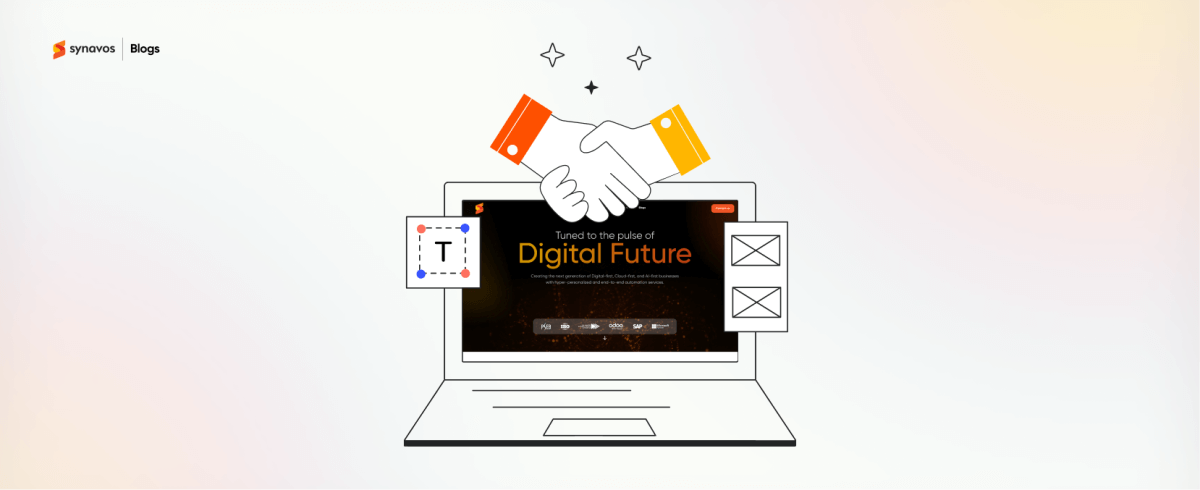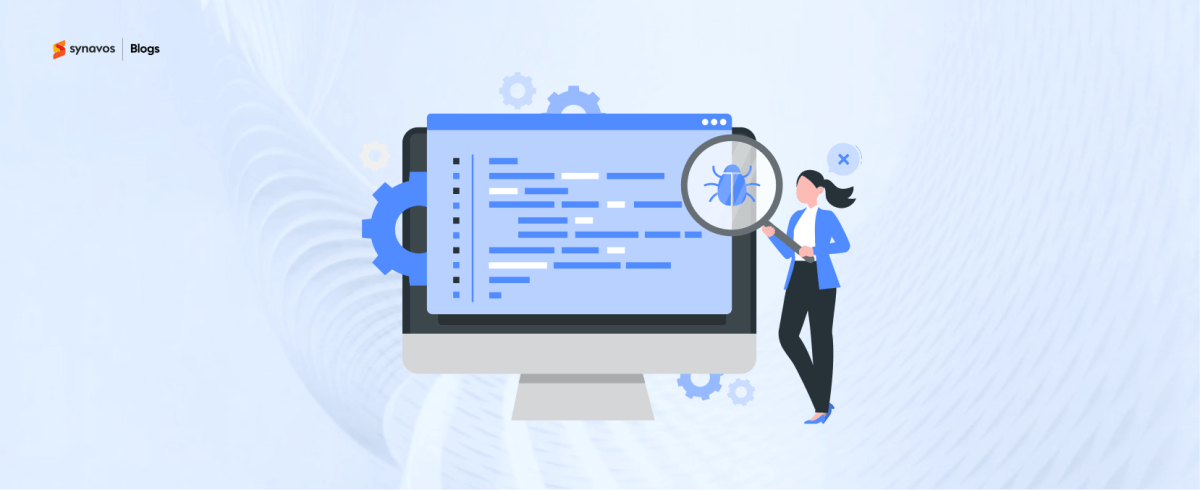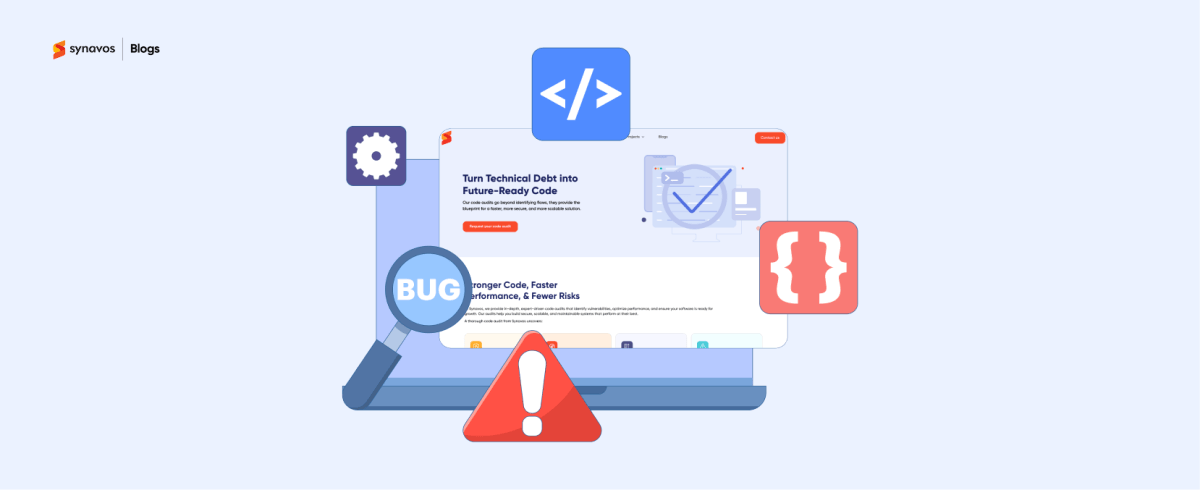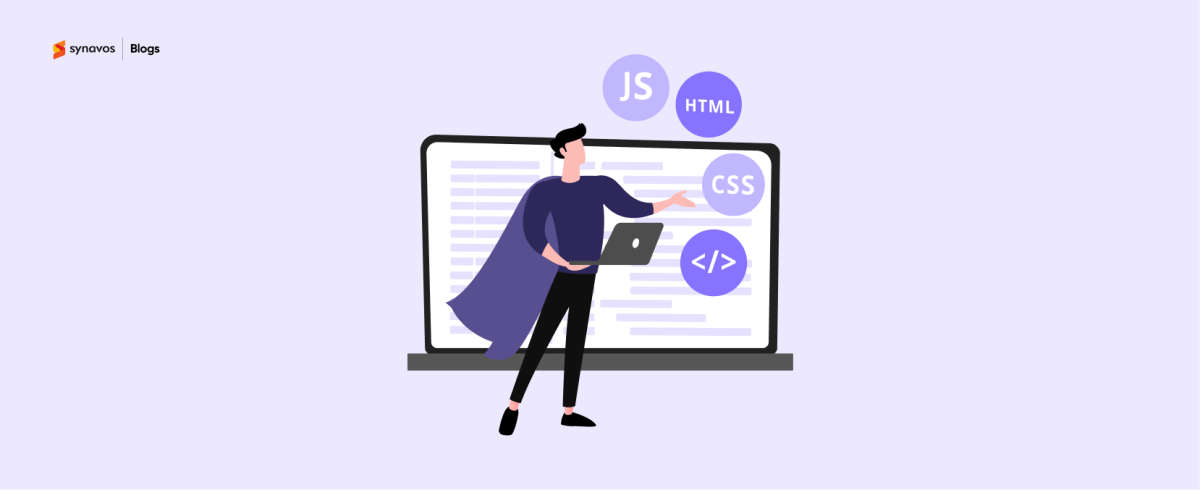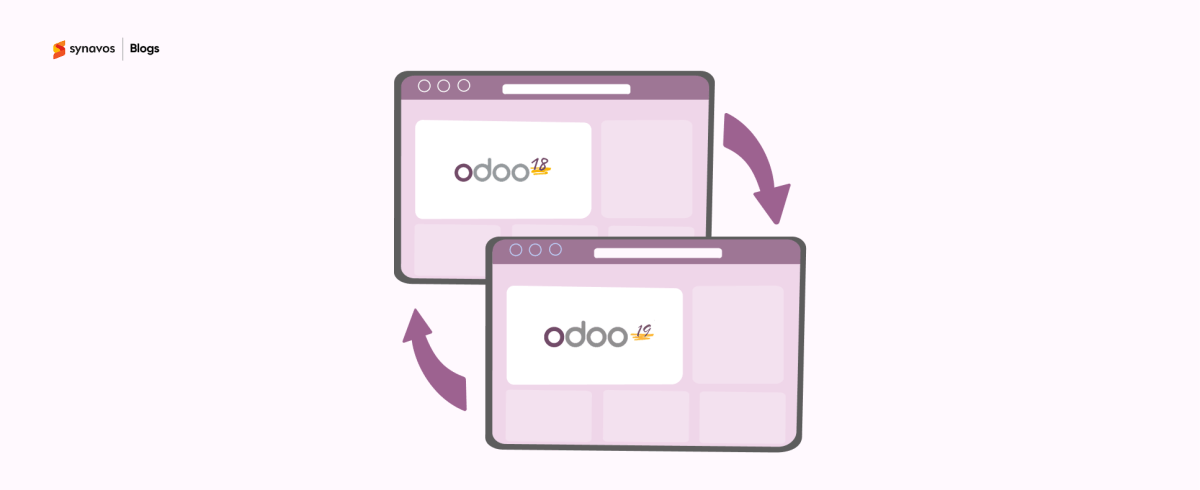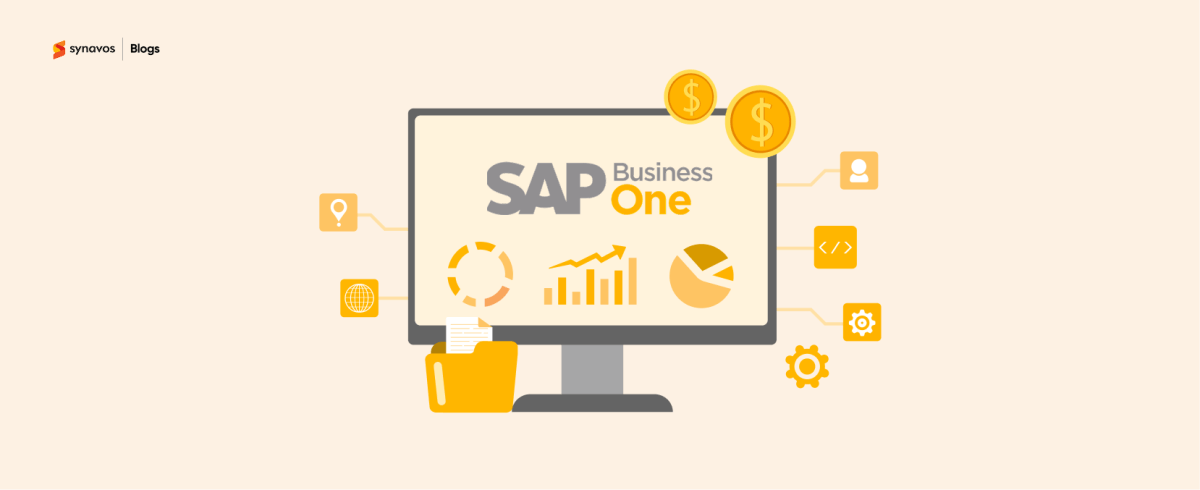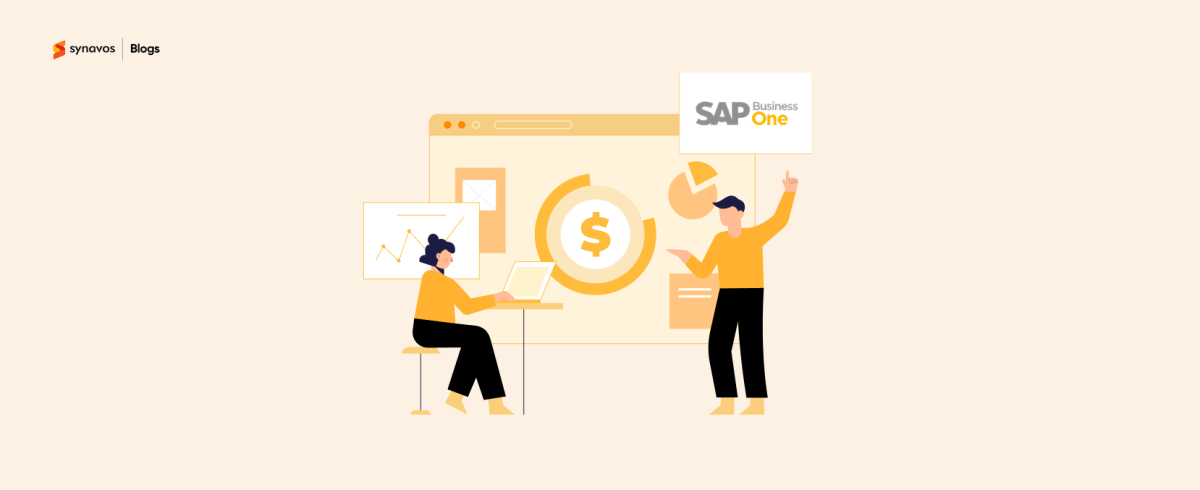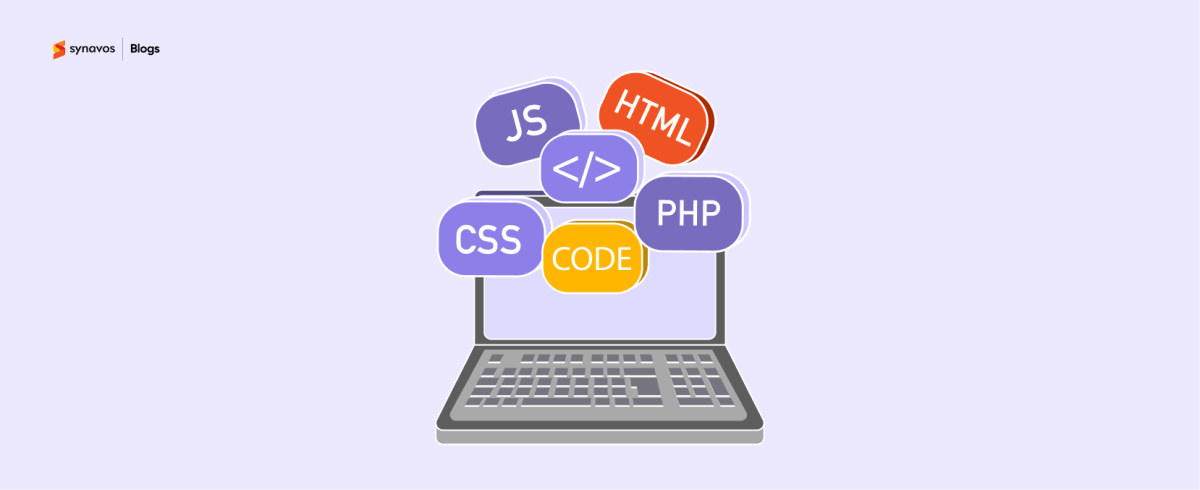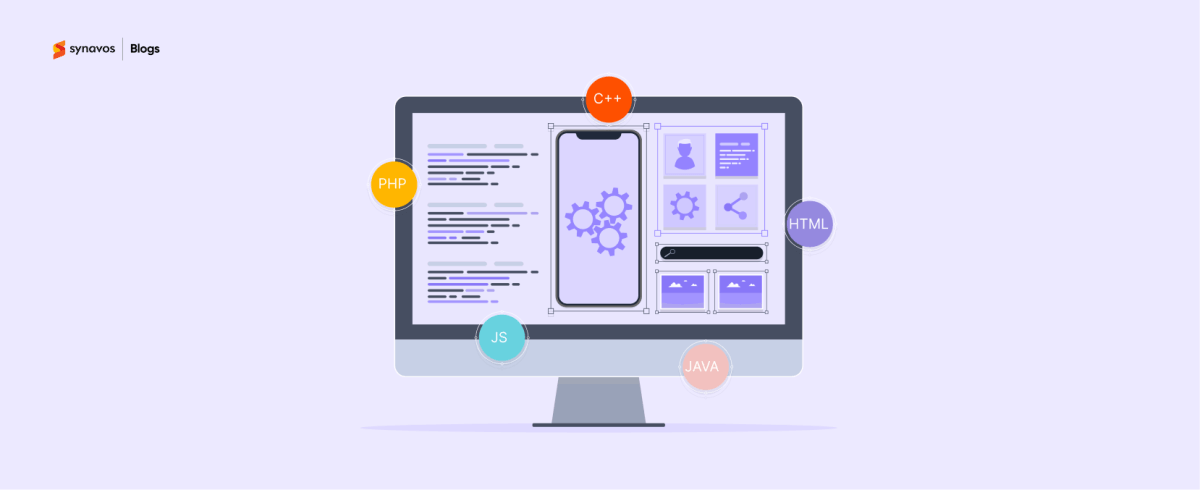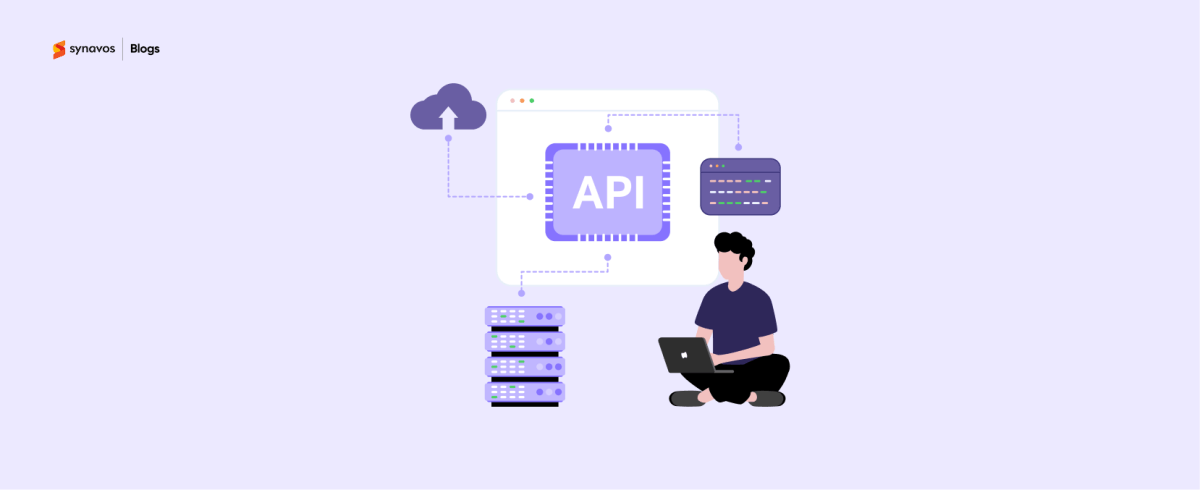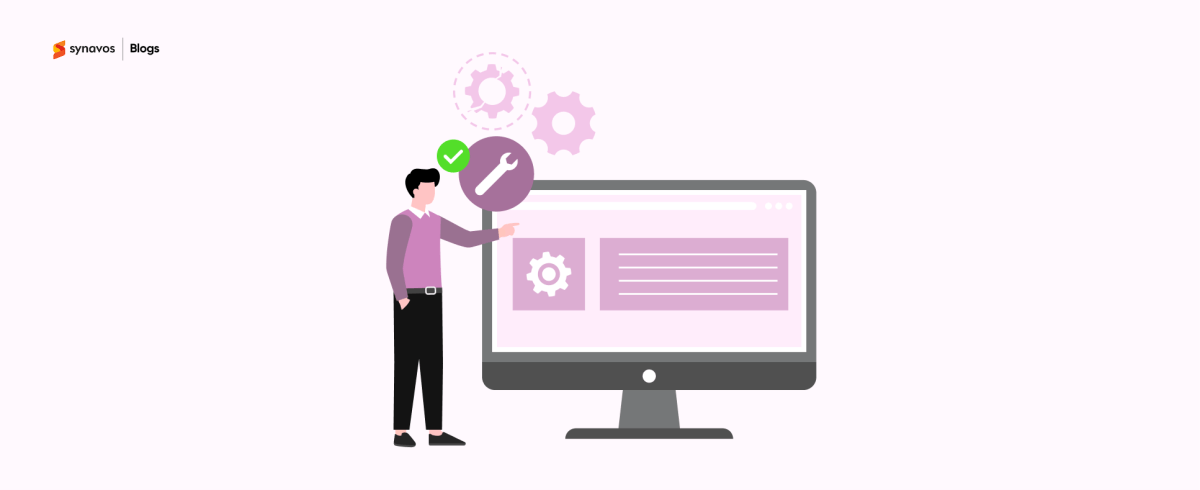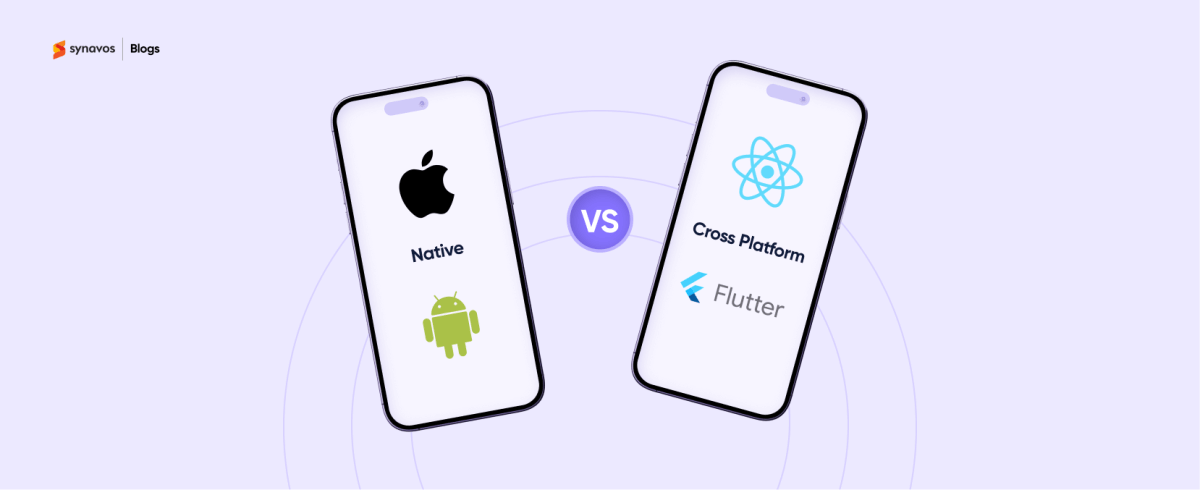When it comes to ERP (Enterprise Resource Planning) customization, choosing the right partner can make or break the success of your project. With the complexities involved in tailoring an ERP system to fit your business processes, it’s crucial to have a partner who understands your needs, has the right expertise, and can deliver results on time and within budget.
As part of this guide, we will cover key factors to consider when choosing the right ERP customization partner. Let’s get into it!
1. Define Your Customization Needs
Before you start looking for an ERP customization partner, the first step is to have a clear understanding of your business's specific requirements. Every business is unique, and your ERP system needs to reflect that.
- Assess your current processes: What areas of your business need optimization? What features of the ERP system need customization to align with your operations?
- Identify pain points: Pinpoint where your current systems or processes are lacking. For example, are there bottlenecks in workflow? Are there reports you need that aren’t possible in the standard ERP system?
Knowing your needs will help you communicate clearly with potential partners and find someone who understands your objectives.
2. Look for Industry Expertise
ERP customization is not a one-size-fits-all solution. Each industry has its specific challenges, regulations, and workflows. That’s why it’s important to select a partner who has extensive experience in your industry.
For instance, the manufacturing sector is a significant user of ERP, accounting for 33.66% of implementations. Your ERP customization needs in manufacturing will differ from those of a retail business. Look for a partner who has previously worked with companies in your field. Industry expertise ensures that the customization aligns with your specific business model and compliance requirements.
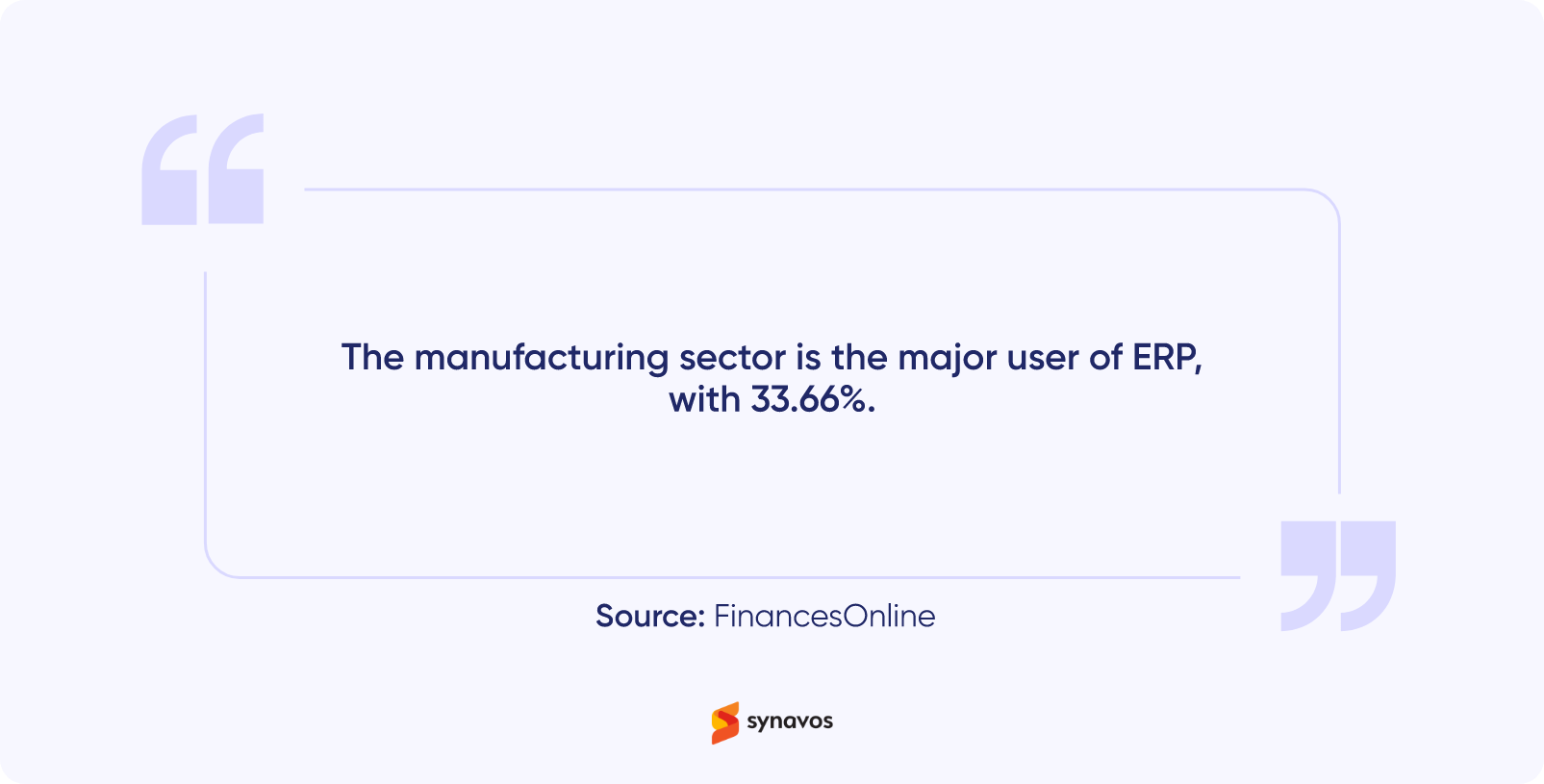
3. Assess Technical Expertise and Capabilities
ERP customization requires deep technical knowledge. Your partner must have experience working with the ERP platform you’ve chosen, whether it’s Odoo, SAP Business One, Microsoft Dynamics 365 Business Central, or another system. Evaluate the following:
- Customization capabilities: Can they handle both minor adjustments and complex customizations? Can they integrate third-party tools or develop custom modules if necessary?
- Project management skills: Do they follow a structured approach to manage timelines, resources, and risks? A partner with good project management skills can help ensure your project stays on track.
4. Check for Proven Track Record
Don’t just take a partner’s word for it — verify their track record by looking at their past projects. Ask for case studies, client references, and testimonials. A good ERP customization partner should be able to demonstrate:
- Successful customizations: Review their portfolio of past projects similar to yours.
- Client feedback: Reach out to past clients and ask about their experience, including any challenges they faced during the customization process.
This will give you confidence in the partner’s ability to deliver on their promises.
5. Evaluate Communication and Collaboration Skills
Clear communication and effective collaboration are critical when working with an ERP customization partner. Since ERP projects often involve multiple stakeholders, it’s essential to ensure your partner can work seamlessly with your internal teams.
Consider the following:
- Communication channels: How frequently will you receive updates? What communication tools will be used?
- Collaboration style: Are they open to feedback and willing to make adjustments based on your input? A good partner will become an extension of your team, helping you achieve better results through collaborative working.
For further insights into the overall ERP customization process and best practices, consider reviewing our main blog on ERP Customization: Benefits, Process, and Best Practices.
6. Understand Their Approach to Customization
Customization is an iterative process, and the partner’s approach can significantly impact the outcome. Some partners may follow a traditional, waterfall approach, while others may use an agile methodology.
- Agile approach: This method allows for flexibility, as changes can be made as the project progresses.
- Traditional approach: This is more rigid but can be useful for projects with well-defined requirements.
Make sure the partner’s approach aligns with your expectations and project goals. Agile may be a better fit if you expect changes during the customization process, whereas a traditional approach might work for projects with clear-cut requirements from the start.
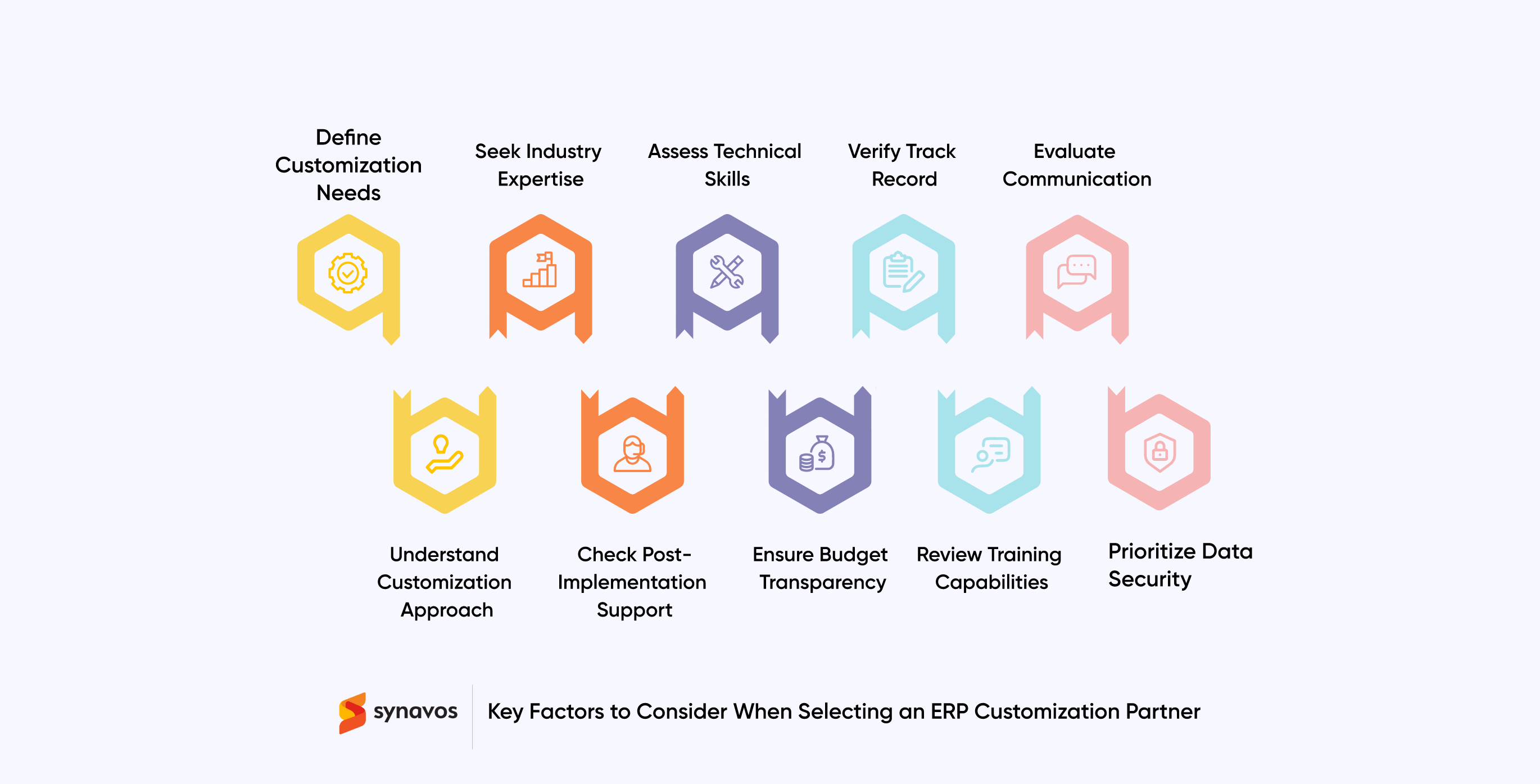
7. Consider Post-Implementation Support
ERP customization doesn’t end once the system is live. Your business processes and needs may evolve over time, requiring further adjustments. That’s why it’s essential to ensure that your ERP customization partner offers reliable post-implementation support.
- Ongoing maintenance: Will the partner be available to address any issues after go-live?
- Upgrades and updates: Ensure they can support system upgrades and ensure your customizations remain compatible with new versions of the ERP software.
- Training: Will they provide adequate training to your team to ensure everyone knows how to use the customized ERP efficiently?
Choosing an ERP partner who offers long-term support, like Synavos, will help you prevent future disruptions.
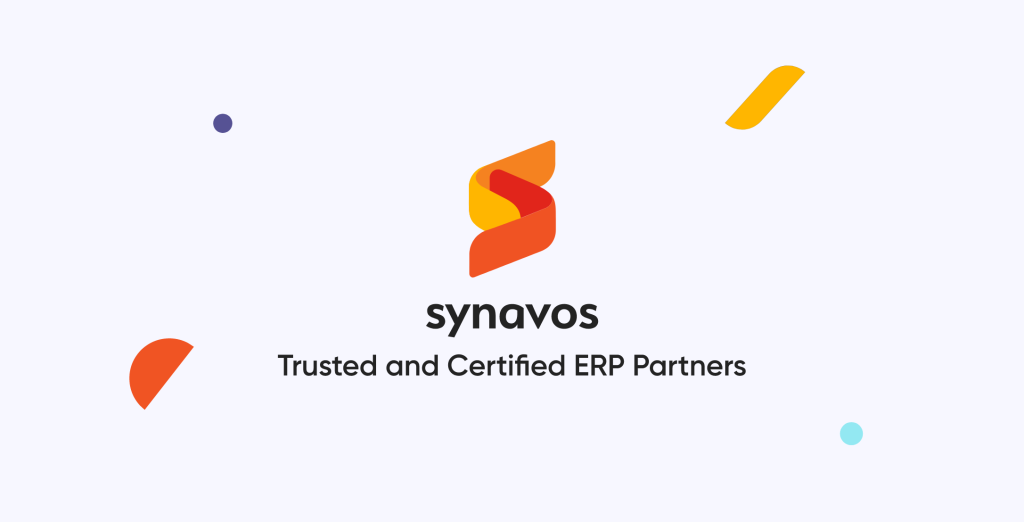
8. Budget and Cost Transparency
ERP customization can be a costly investment, so it’s important to have a clear understanding of pricing from the beginning. Ask potential partners for a detailed breakdown of costs, including any ongoing fees for support or upgrades.
- Fixed vs. variable costs: Understand whether the partner operates on a fixed-cost model or charges based on hours worked. This can impact your overall budget.
- Hidden costs: Be wary of any hidden costs, such as fees for additional modifications after the initial project is completed.
The more transparent the partner is about pricing, the easier it will be for you to plan and allocate your budget effectively.
9. Review Their Ability to Provide Training
A key component of successful ERP customization is ensuring that your team is equipped to use the system. Customizations, no matter how sophisticated, are only effective if your team knows how to leverage them. Look for a partner who:
- Offers comprehensive training: They should provide hands-on training sessions for your employees.
- Provides documentation: Make sure they offer user manuals or guides specific to the customized features they implement.
Proper training not only improves user adoption but also ensures that your team can make the most of the ERP system’s capabilities.
10. Ensure Data Security and Compliance
When customizing an ERP system, the security of your business data should be a top priority. Your ERP partner must understand and adhere to data protection laws and industry regulations to keep sensitive information safe.
- Data security protocols: Ensure that your partner follows best practices for securing data, such as encryption, regular backups, and multi-factor authentication.
- Compliance with regulations: Depending on your industry, make sure your partner can implement ERP customizations that comply with relevant regulations, such as GDPR for data privacy or industry-specific standards like HIPAA in healthcare.
A partner who prioritizes security and compliance will help safeguard your business from data breaches and legal complications.
Final Words
ERP customization is a significant decision for any business, and selecting the right partner is critical to its success. By defining your customization needs, ensuring industry expertise, evaluating technical capabilities, and ensuring post-implementation support, you can partner with a firm that helps you achieve your goals.
If you’re looking for a trusted ERP customization partner, reach out to us at Synavos. With a proven track record of successful ERP projects and a team of experts ready to support you every step of the way, we’re here to help you tailor your ERP system for success. Connect with us today to discuss how we can bring your ERP vision to life!
